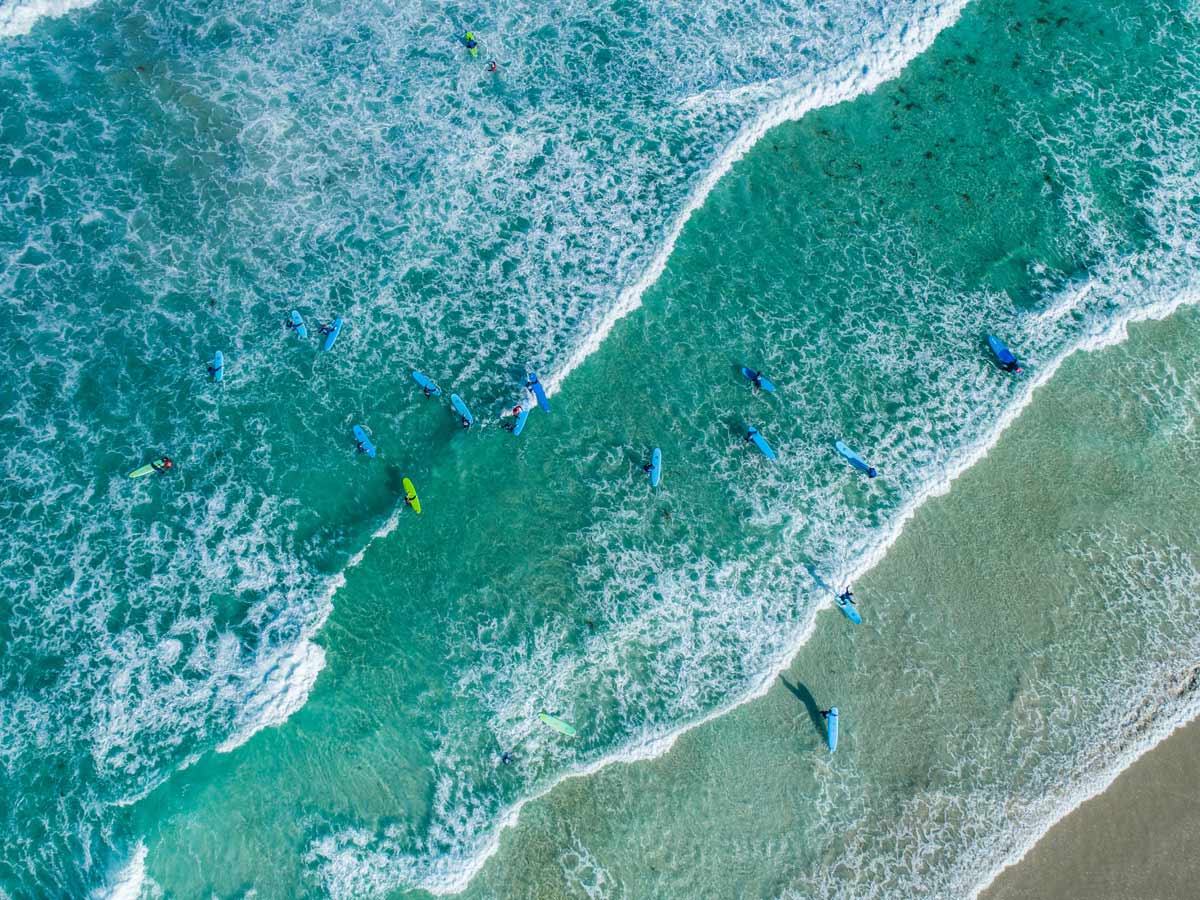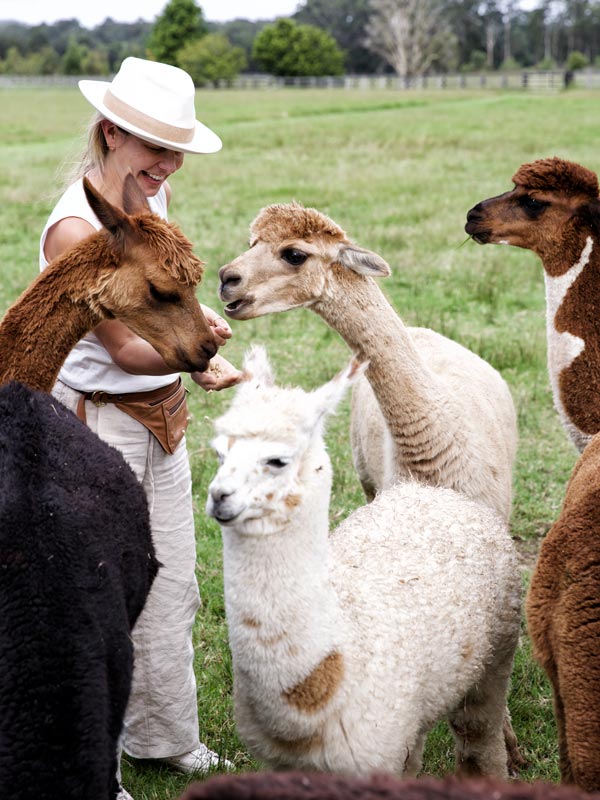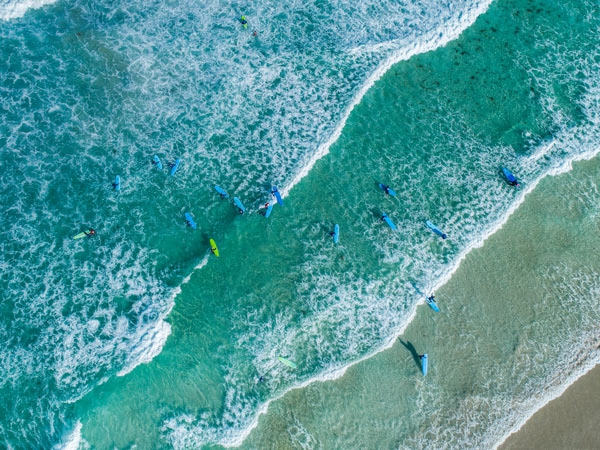01 February 2023
![]() 3 mins Read
3 mins Read

This brings the total number of Ecotourism Australia’s ECO Destinations to four, with the regions joining the ranks of Queensland’s Port Douglas Daintree region and the NSW Coffs Coast.
Destinations across Australia are driving a national shift toward sustainable tourism, and the industry is committed to putting the needs of the local community and environment at the fore and meeting the increasing demand for sustainable travel options.

The Central Coast Marine Discovery Centre in Terrigal is an eco-conscious activity. (Image: Love Central Coast)
The ECO Destination Certification program uses the international Green Destinations framework, recognised by the Global Sustainable Tourism Council, to assess a destination across approximately 100 core criteria. Destinations are then audited onsite by a verified, independent auditor. Through this certification program, visitors are assured the region has a range of high-quality nature-based tourism products and a strong commitment to improving sustainable practices in the future.

The Cape Leeuwin Lighthouse is an ECO-certified business in the Margaret River. (Image: Tourism Western Australia)
Being immersed in an ECO Destination as a local or a guest means taking action to be a responsible traveller for a sustainable future, and to ultimately travel for good.
The Central Coast has a thriving range of ecotourism experiences, with the largest ECO cohort of nature-based businesses pursuing their own ECO Certification to do business for good. This includes six ECO-certified businesses and nine actively pursuing their accreditation. To achieve this globally respected green status, the Central Coast has partnered with Ecotourism Australia since 2020 in a two-year program funded by WWF-Australia.

Breakfast with alpacas at Iris Lodge Alpacas, a working farm in Jilliby in the Central Coast hinterland is another activity for the eco-conscious traveller. (Image: Destination NSW)
Driven by the Shire of Augusta Margaret River, and supported by the Margaret River Busselton Tourism Association, 26 businesses across the region are now ECO-certified. In addition to this, around 68 wineries across the Margaret River region are certified members of Sustainable Wine Growing Australia, with 12 per cent of vineyards certified organic or biodynamic.

Margaret River Surf School is an ECO-certified business. Aerial shot of surfers at Redgate Beach in Margaret River. (Image: Tourism Western Australia)
Ecotourism Australia chief executive officer Elissa Keenan said it is a huge achievement for the Central Coast and Augusta Margaret River and was significant both regionally and for Australia’s reputation as an international leader in eco-tourism.
“We are delighted to see these two beautiful destinations achieve this significant milestone, and we recognise the amount of work that the local councils, regional tourism organisations and community have undertaken to receive their certification,” she said.
“ECO Destination Certification is a whole-of-destination commitment, assuring travellers that these regions are on a journey of constant improvement in their sustainability practices, as well as providing high-quality nature-based experiences for visitors.”
LEAVE YOUR COMMENT